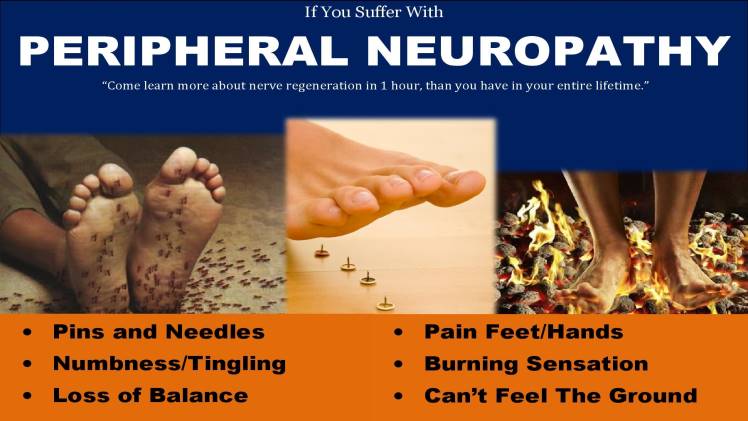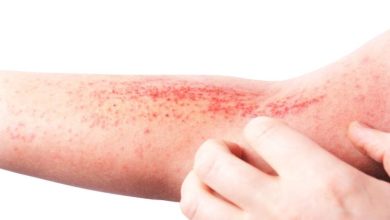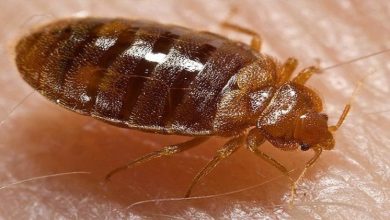What You Need to Know About Peripheral Neuropathy

Peripheral nerves are the nerves that branch off from the spinal cord. They are made up of sensory neurons, motor neurons, and interneurons. The sensory neurons send information to the brain about what is happening in the body. The motor neurons send signals to muscles and glands to control movement and secretion of hormones. The interneurons connect one nerve to another. Unfortunately, peripheral nerves can become damaged, a condition known as Bakersfield peripheral neuropathy.
Below are the causes and ways of controlling peripheral neuropathy.
Causes of peripheral neuropathy
Alcoholism and other drug abuse
Alcohol has been shown to damage the myelin sheath surrounding the axons, which can cause nerve damage. In addition, long-term alcohol abuse can lead to liver cirrhosis and hepatitis, which further damage the myelin sheath and cause nerve inflammation. This inflammation can interrupt the normal transport of nutrients to neurons, leading to cell death and reduced nerve function.
Diabetes mellitus (DM)
DM can damage blood vessels in any body part but is most commonly associated with the small blood vessels that supply nerves. DM causes increased glucose levels in the blood, which damages small blood vessels, causing them to leak fluid into surrounding tissues such as nerves. This fluid accumulation within the nerve damages its cells and results in nerve damage.
Chemical exposure
Toxic chemicals like lead, mercury, or arsenic can cause peripheral neuropathy. Exposure to these chemicals can cause peripheral neuropathy and nerve damage. Although the effect of low levels of exposure to these toxic chemicals on the peripheral nervous system is unknown, they can cause permanent damage.
Overdose of certain medications
Overdose of certain medications such as tricyclic antidepressants (TCAs), monoamine oxidase inhibitors (MAOIs), and other antipsychotics can also cause peripheral neuropathy due to high levels of circulating dopamine or serotonin in the body.
How to control peripheral neuropathy
Exercise
Exercise is the best treatment for peripheral neuropathy. It helps reduce pain, improve circulation, and strengthen leg muscles. A regular exercise program can help you stay active for longer and make walking easier. You might also find it easier to perform other daily tasks, such as washing, dressing, doing housework, or gardening.
Nutrition
You can treat peripheral neuropathy by eating a healthy diet with many fruits and vegetables, whole grains, lean meats, and low-fat dairy products. These foods contain antioxidants that help prevent free radicals from damaging your nerves. Eating more omega-3 fatty acids from fish or taking an omega-3 supplement can also help prevent nerve damage caused by free radicals.
Avoid drugs abuse
Drugs can cause peripheral neuropathy by causing low blood sugar levels and fatigue. If you have peripheral neuropathy due to drug use, reduce your drug intake and talk with your doctor about managing your symptoms and preventing further damage.
Peripheral neuropathy can lead to numbness and tingling, especially in the hands or feet. You may not feel pain or temperature, so you may not realize that something is wrong until it’s too late. If you have peripheral neuropathy, connect with Diabetic Foot and Wound Center for help.





